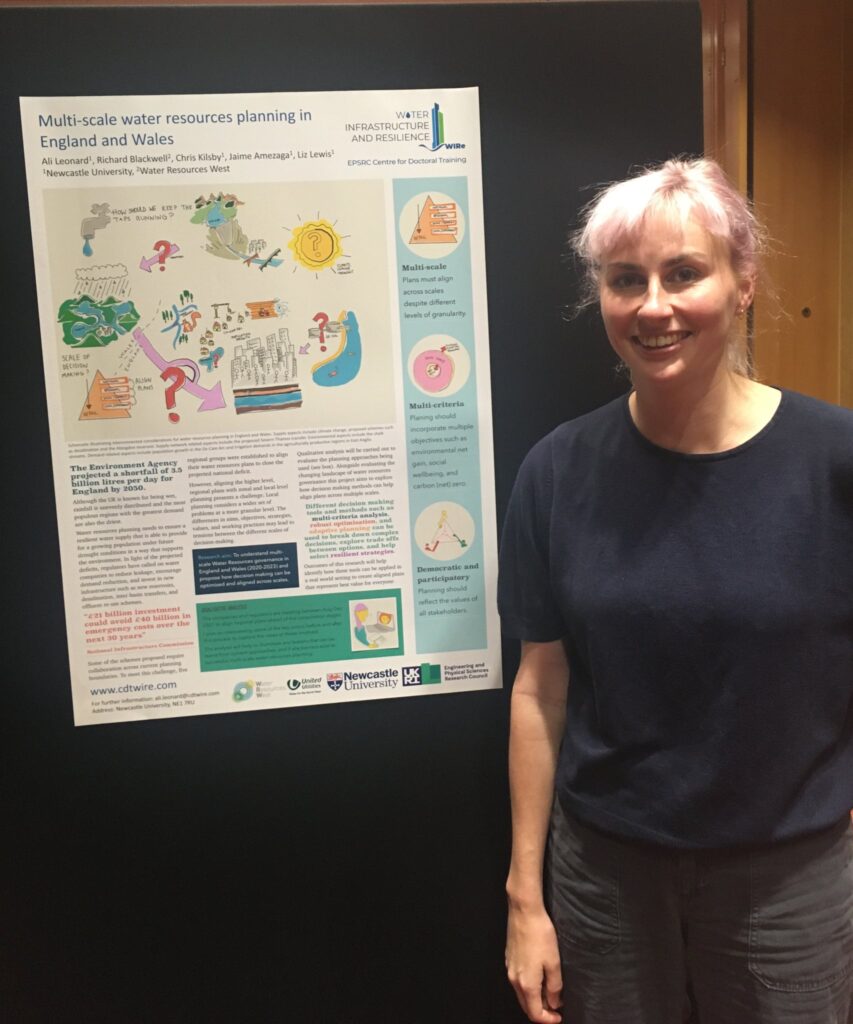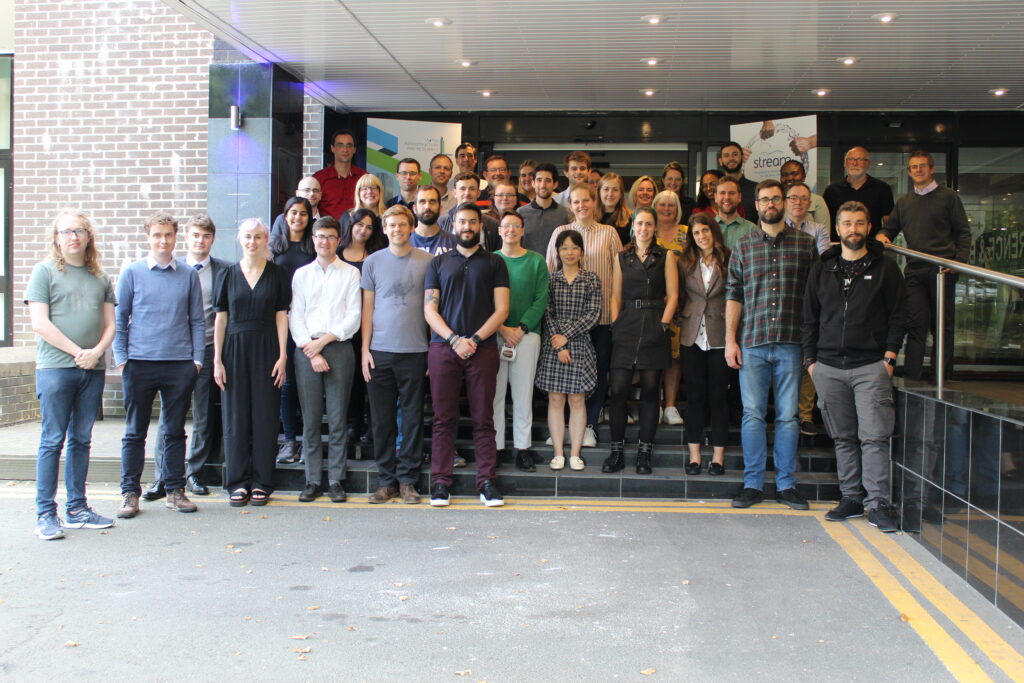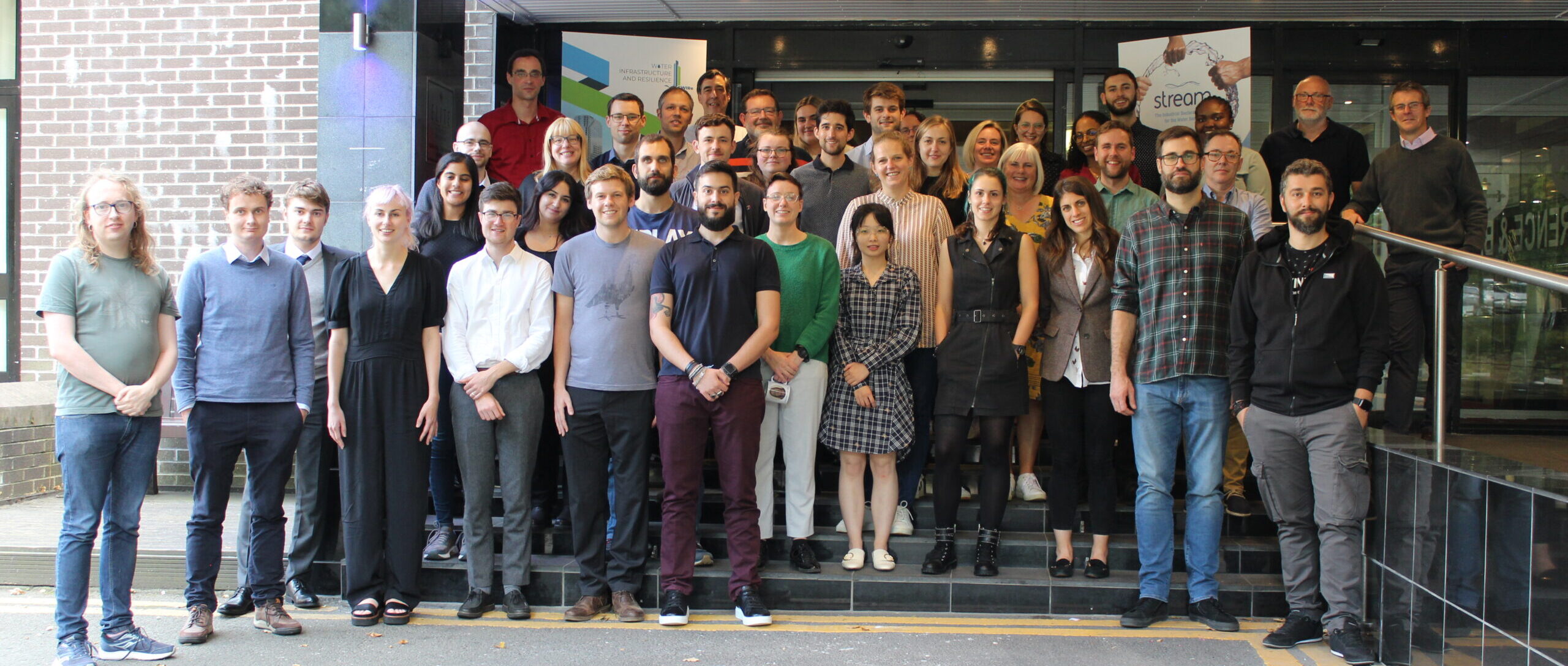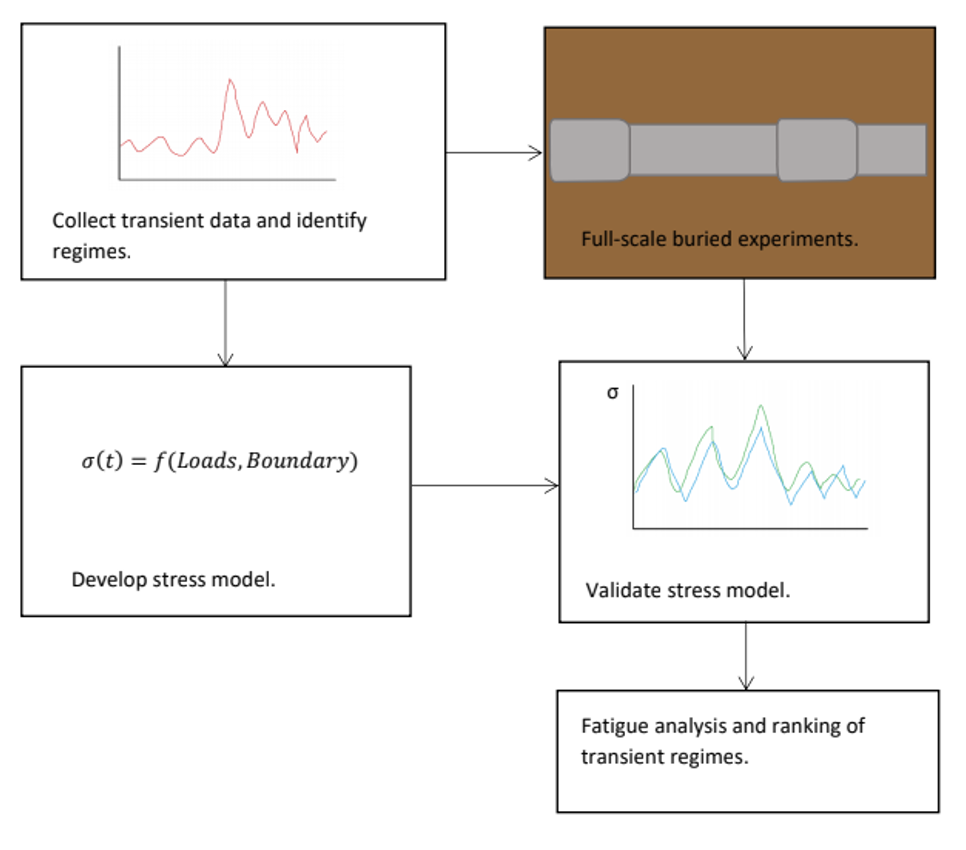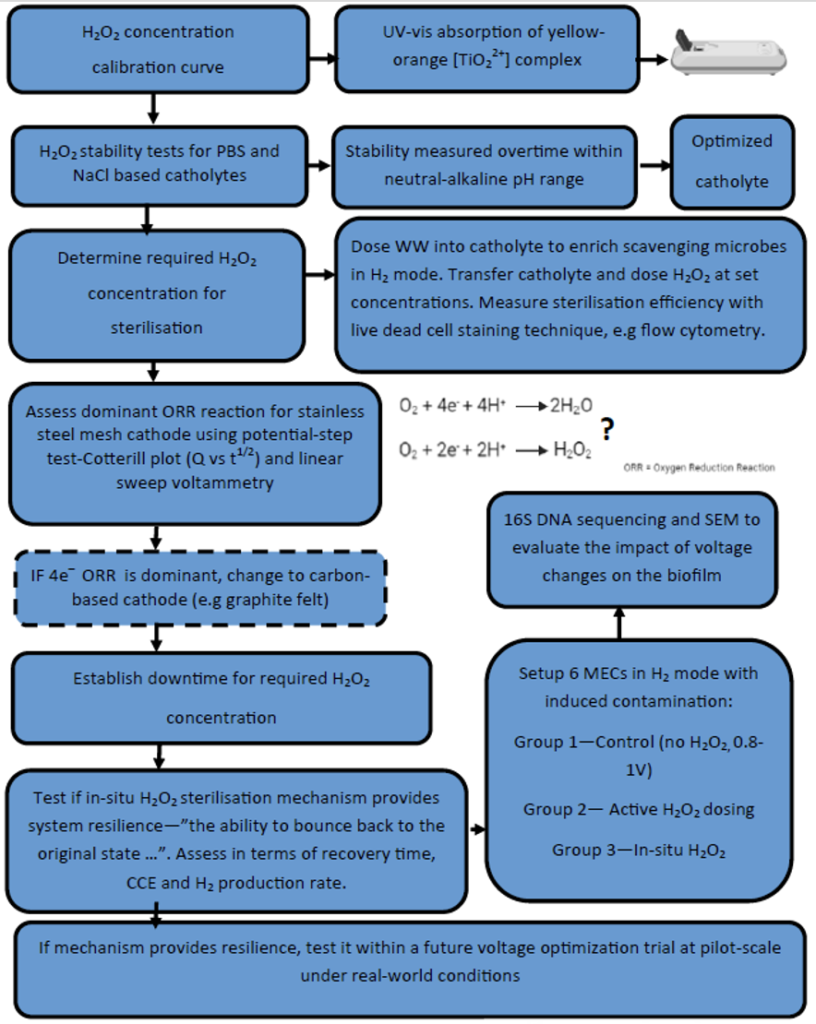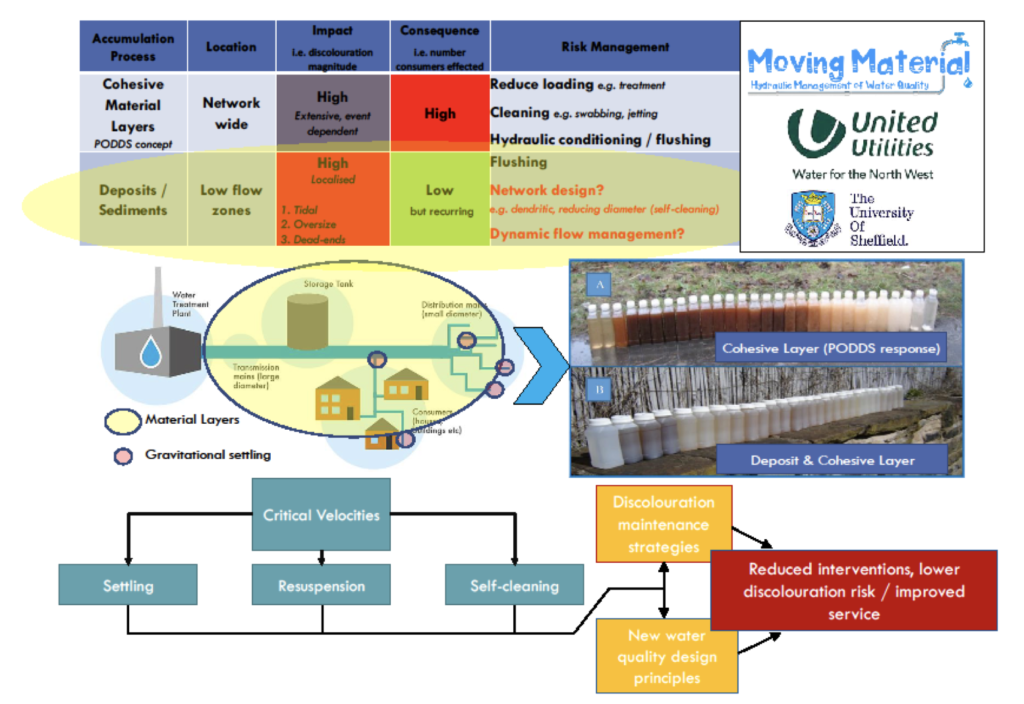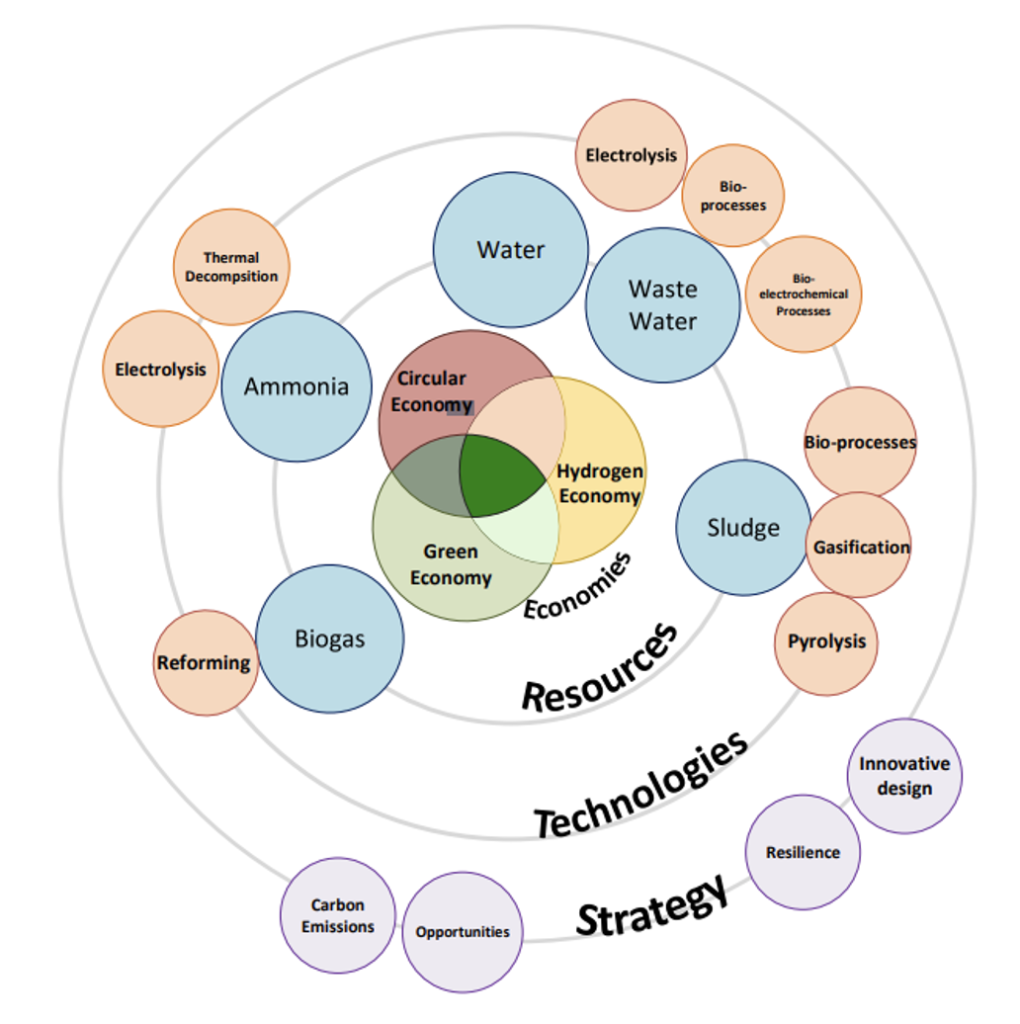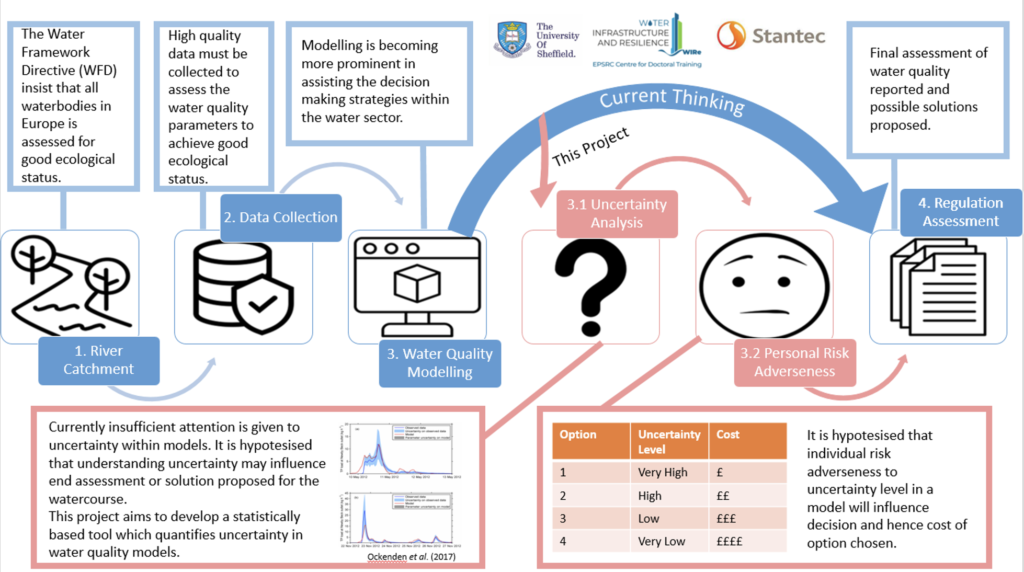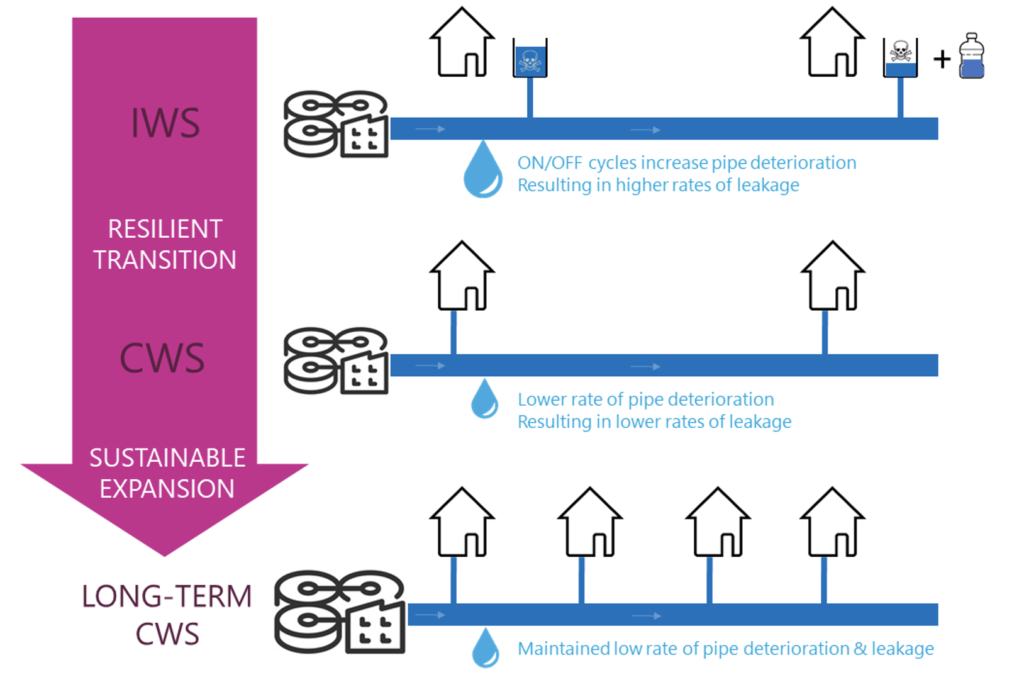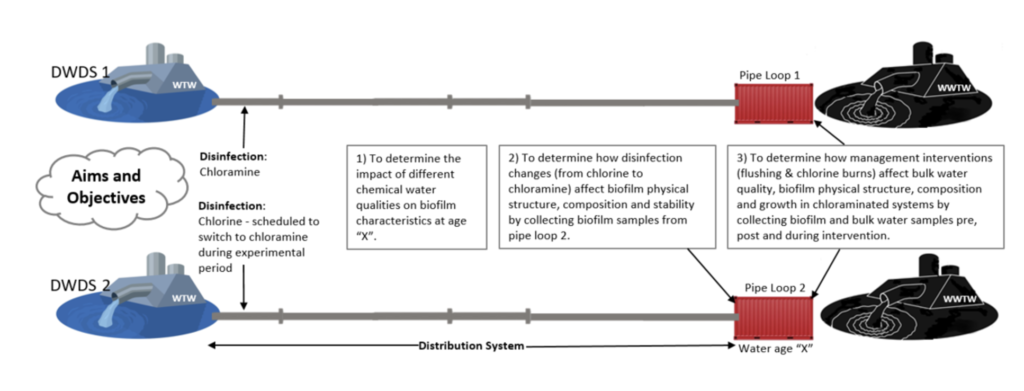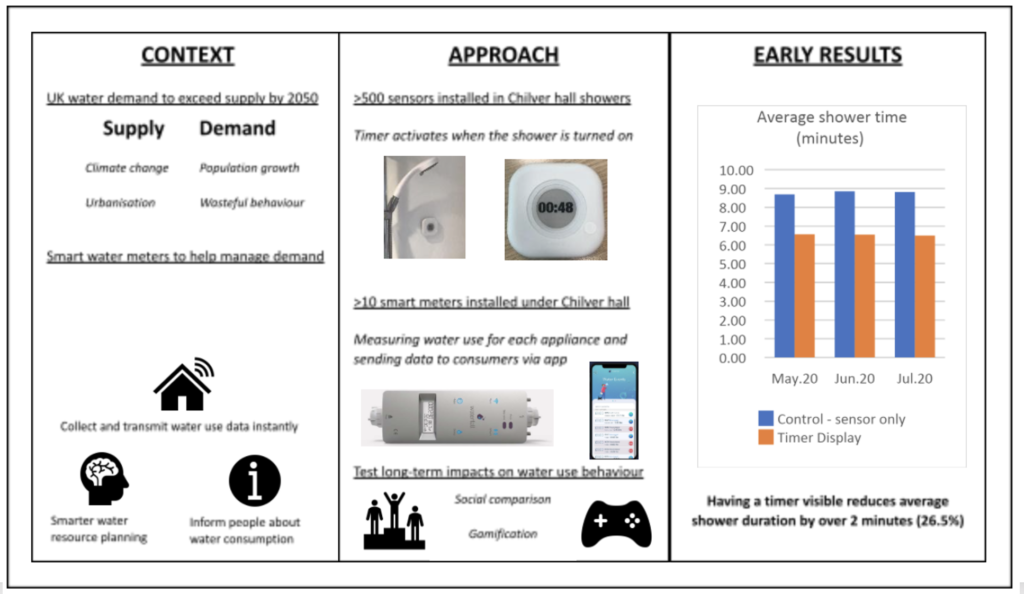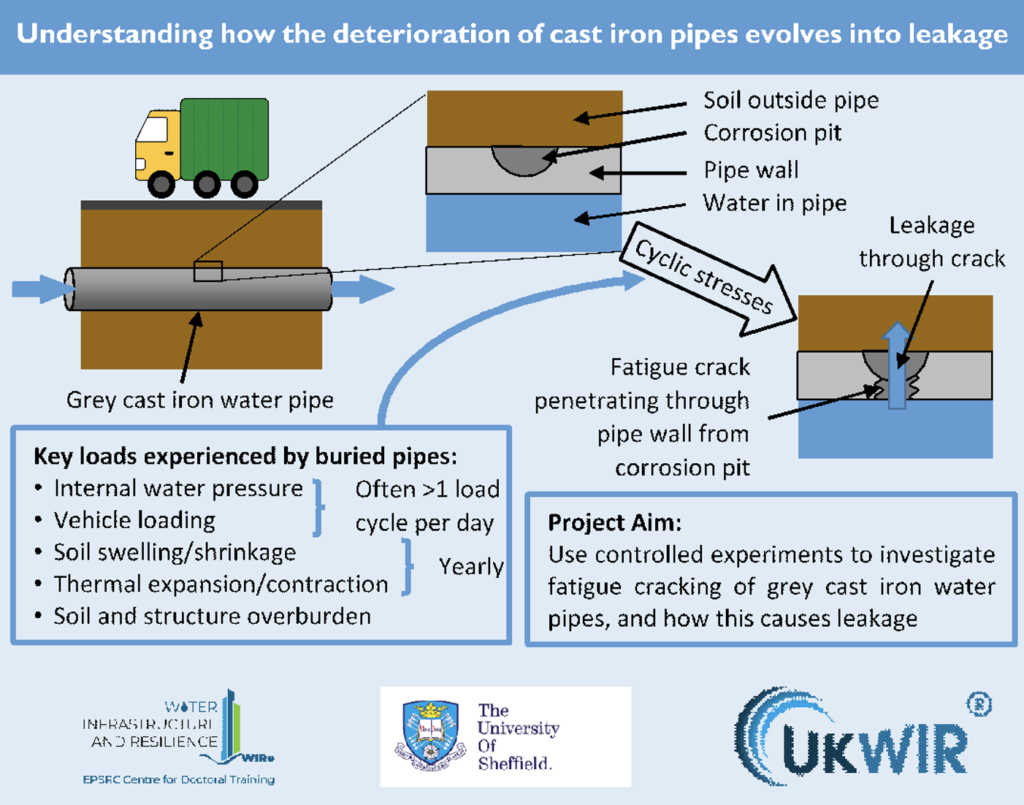Email: ravina.bains@cdtwire.com
Academic and Industrial affiliations: Cranfield University, Anglian Water, Scottish Water
Title of research project: Achieving Net-Zero – Hydrogen as a key factor for energy resilience and emission reduction for the UK water sector
The growing concerns for the impacts of the use of fossil fuels on the climate and the environment have prompted a movement to explore new ways of producing low-carbon energy. Hydrogen has a key role to play in the transition to a low carbon economy and the UK water sector can have a role in the future hydrogen economy. The production or the use of hydrogen can open opportunities for the sector to achieve net-zero carbon emissions.
The aim of the project is to develop an evidence-based strategy for Anglian Water and Scottish Water to switch towards a hydrogen economy aligned to achieving carbon neutrality. The challenge is understanding the current limitations on the implementation of carbon-neutral (green) hydrogen production processes in the water sector and define solutions delivering carbon emission reduction, process, and energy resilience.
The balance between the hydrogen economy, circular economy, and green economy underpins the ability for hydrogen to provide a decarbonisation strategy for the water sector. The green economy focuses on the importance of ensuring substantiality and ecosystem regeneration as well as decarbonisation of society while the circular economy focuses on regenerating materials for use and reducing waste. The implementation of a hydrogen economy into the water sector brings both challenges and solutions to the success of these economies. An example is the possible challenge associated with the water demand of hydrogen production processes. High-water demands would impose threats on current ecosystems and lead to water scarcity for already stressed areas. This potential conflict highlights the requirement for a fundamental understanding of how hydrogen production impacts existing systems
Other sources of hydrogen the water sector has access to includes fresh water, wastewater, sludge, biogas, and ammonia. Technologies developed to scale that can produce hydrogen from these sources are electrolysis, steam methane reforming or biogas reforming, gasification, and pyrolysis. Electrolysis is a promising technology for which there are projects planned to produce hydrogen at a gigawatt scale. However, its water demand can represent a limitation for water-scarce areas. Another fully developed technology is steam methane reforming which is used by the petrochemical industry to produce hydrogen for onsite refineries. Reforming of biogas or biomethane has been adopted in some countries (e.g. Japan) to produce hydrogen for low emissions transport vehicles, with most projects being run at a scale of less than one megawatt. Gasification and pyrolysis can provide solutions for sludge disposal but are less developed technologies. There are currently no known gasification plants being used solely for hydrogen production. Plants are typically used for power generation with few installations using sewage sludge. Pyrolysis is the least developed technology and has limited full-scale applications. By evaluating the status and the applicability of these and other less developed technologies (e.g. bio-processes) to the water sector, further work will commence determining how best to deliver carbon emission reduction and energy resilience using hydrogen.
The project will deliver a robust and science-based analysis of established and innovative technologies for green hydrogen production applicable to the water sector highlighting steps for implementations, favourable conditions, innovative designs, and contribution to carbon emissions reduction. The experimental activities will focus on the most promising technologies to fill the knowledge gaps in the view of future implementation.
